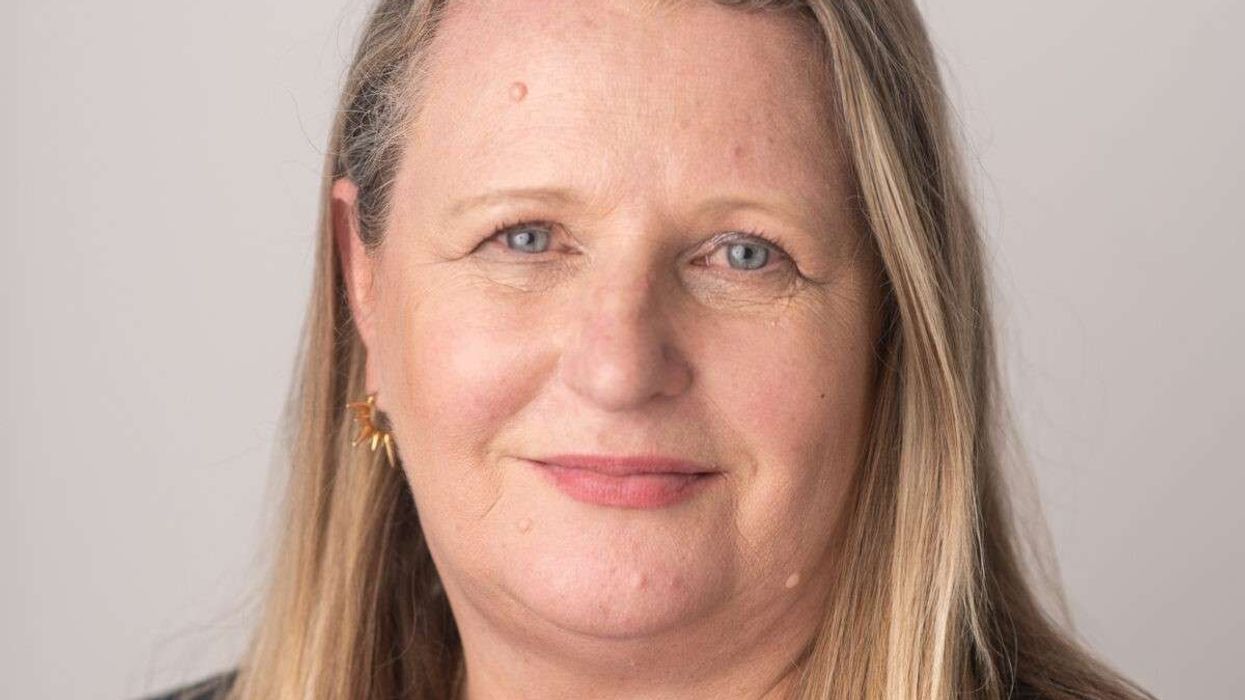Jack Birchall explains how a team of pharmacists carried out remote reviews for patients living with long-term conditions such as asthma and COPD…
There is no doubt that the pandemic has changed the way healthcare professionals work within the primary care setting. The advent of Covid-19 meant that we all had to rapidly modify the way we supported and met the needs of patients, some of whom saw the services they usually took for granted, virtually cease overnight.
There are around 15 million people in England living with long-term health conditions including asthma. These people have the greatest healthcare needs of the whole population with 50 per cent of all GP appointments and 70 per cent of all bed days taken by this cohort of patients, and their treatment and care absorbing 70 per cent of acute and primary care budgets in England.
This situation isn’t going to improve any time soon. In the past, most people had a single condition, today multi-morbidity is becoming the norm. At the start of the pandemic, the Royal College of General Practice and British Medical Association issued guidance to practices on prioritizing workload. This included the importance of maintaining long-term condition reviews in asthma, COPD and diabetes, along with appropriate transition of at-risk warfarin patients. These reviews were deemed as essential workstreams for patients considered to be at high risk.
Traditionally, the unique skills set of a pharmacist has meant that we have played a major role in supporting these patients. I work with a team of over 90 clinical pharmacists who, in partnership with individual practices, PCNs, CCGs and STPs, help with the long-term management of people with chronic conditions. But the onset of Covid-19 meant that we now had to plug a potential gap in service provision, and quickly.
Providing support remotely is not a new concept but one that has been relatively slow on the uptake in favor of face-to-face consultations. However, Covid-19 has been a key driver for both healthcare professionals and patients alike to realize the benefits of working remotely to minimize contact between clinicians and patients and reduce risk for very vulnerable groups of patients.
During the pandemic, our remote consultations had two main aims: firstly, to improve management of long-term conditions and promote self-care; and secondly to triage potential patients who were acutely unwell.
Prior to carrying out remote reviews, our pharmacists work closely with individual general practices, PCNs or CCGs to stratify patients with a chronic condition to identify those at greatest risk. A mix of methods are then used to engage these individuals; either a letter will be sent inviting them to a telephone appointment, a pharmacist will ring a patient directly or we utilise a practice’s text messaging service to schedule an appointment. Remote consultations are then carried out predominantly via telephone.
During an asthma review our pharmacist would ensure that the patient has a Personalized Asthma Action Plan (PAAP) in place. This plan helps the patient understand how to optimize the use of their inhaler, how to alleviate symptoms and when to escalate treatment.
If a patient knows how and when to take their treatment and what to do if their symptoms deteriorate, they are much less likely to present at A&E, thereby protecting themselves and NHS staff.
We would use the review as an opportunity to direct them to healthcare literature and resources, for example, a video showing good inhaler technique. The pharmacist would also offer advice about social distancing and the latest guidance regarding Covid-19.
The disadvantage of reviewing remotely is the inability to deliver tests and diagnostics. We couldn’t perform a peak flow check or pulse oximetry for someone with asthma or COPD.
Following the review, the results are shared with a clinician in practice. The pharmacist and clinician can then jointly come to a consensus on any actions that need to be taken. These can include optimizing a patient’s medication or referral for a non-pharmacological intervention, i.e. smoking cessation advice or pulmonary rehab.
The pharmacist amends the medication on behalf of the practice and the revised prescription is sent electronically to a community pharmacy. The patient would be followed up via a letter or phone call to advise them of the action that has been taken.
We have found that working entirely remotely through the pandemic has provided a number of unexpected benefits. Patients have reacted very favourably to this method of review often with better attendance rates than face-to-face consultations and many have said that they felt more confident of how to cope with symptoms and using their medication or devices.
Prior to the pandemic, we had already been introducing more remote consultations into long-term condition programmes. What we have seen due to Covid-19 is a much more rapid escalation in the pace of adoption of these.
In the future, I would anticipate that many areas of the health service, including community pharmacy, will continue to work remotely. The New Medicine Service (NMS) lends itself particularly well to this and with patients more accepting, and even welcoming the chance to consult remotely, I think it is definitely here to stay.
Pharmacist Jack Birchall is head of service development at Interface Clinical Services.











